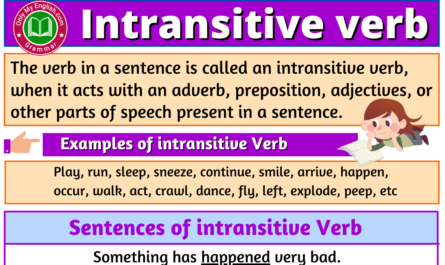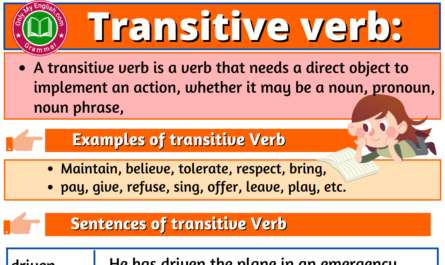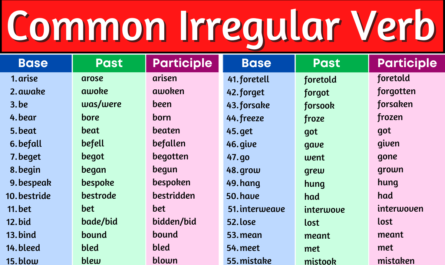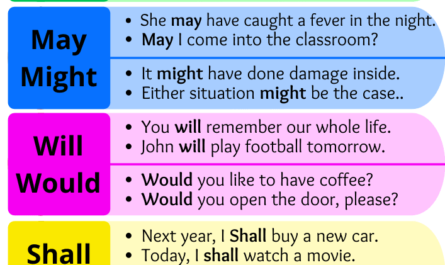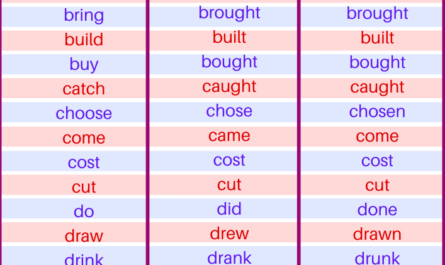Non-Finite Verb
The non-finite verb does not act as a verb in a sentence but is a noun, adjectives, and adverbs, respectively. Non-finite verbs are opposite to finite verbs, which is not actual. It does not represent any tense formation. Also, it does not indicate any person, number, or tense of a sentence.
There are three kinds of non-finite verbs in the English Language.
- Infinitive (formed by adding “to” before the base verb)
- Gerund (formed by adding “ing” to the base verb, acts as a subject in a sentence)
- Participle (formed by adding “ing” to the base verb, acts as an adjective to the subject)
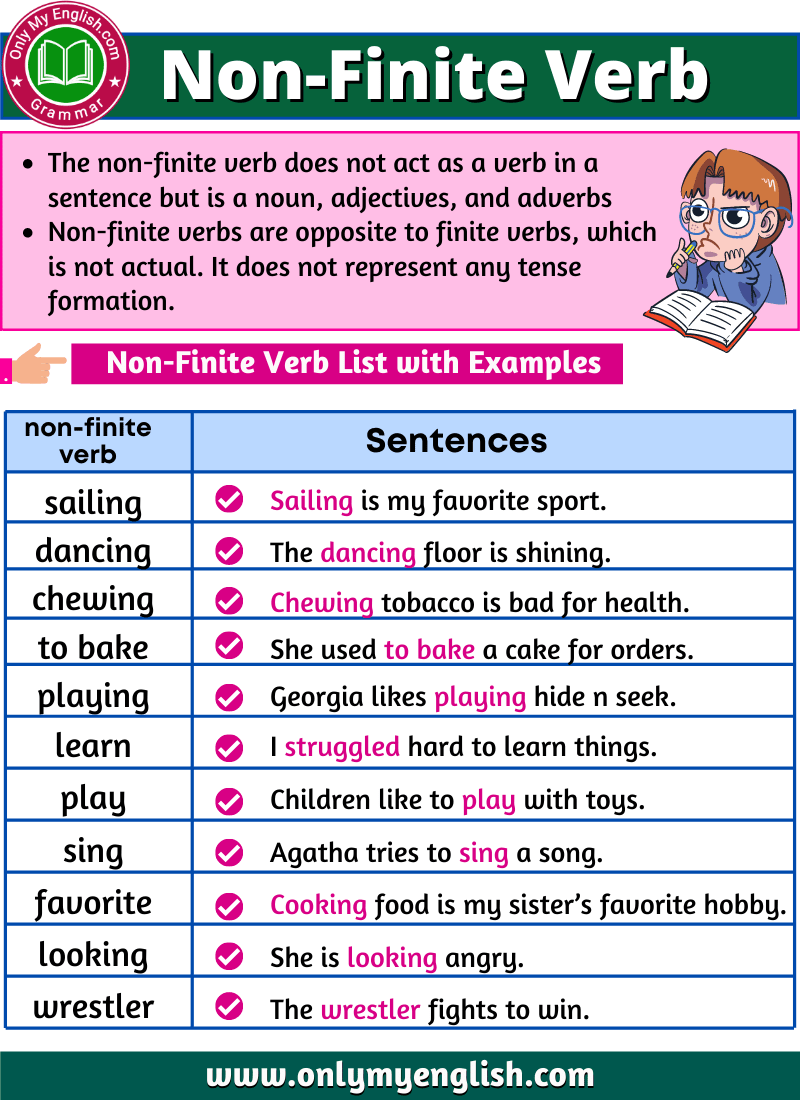
Examples of Non Finite Verbs
- Sailing is my favorite sport.
- The dancing floor is shining.
- Chewing tobacco is bad for health.
- She used to bake a cake for orders.
- Georgia likes playing hide n seek.
- I struggled hard to learn things.
- Children like to play with toys.
- Agatha tries to sing a song.
- Cooking food is my sister’s favorite hobby.
- She is looking angry.
- The wrestler fights to win.
- He needed to find a lot of money quickly.
- Let them eat their meal.
- He loves eating chocolates.
- Sam woke early and went to the gym.
- Listening helps to increase knowledge.
- Working on farmland makes you active.
- The nail is twisted by hammering.
- He used to purchase a leather jacket.
- The movie is about to start.
List of Non-Finite Verbs
- To bake
- Disturbing
- To open
- Dressing
- To knock
- Comparing
- To fry
- Protecting
- Greeting
- Review
- To swim
- Singing
- To complete
- To match
- Naming
- To need
- To order
- Drying
- To organize
- To eliminate
- To pack
- Ending
- To paint
- Walking
- Changing
- To love
- To close
- Managing
